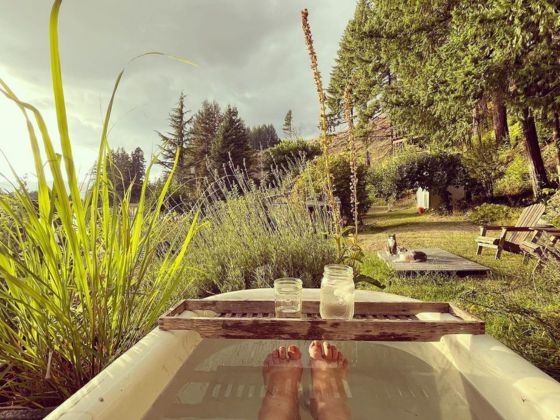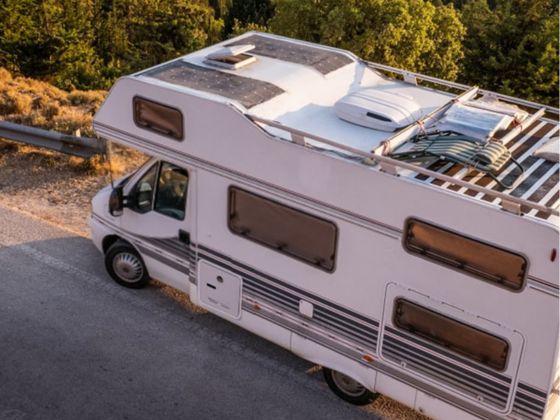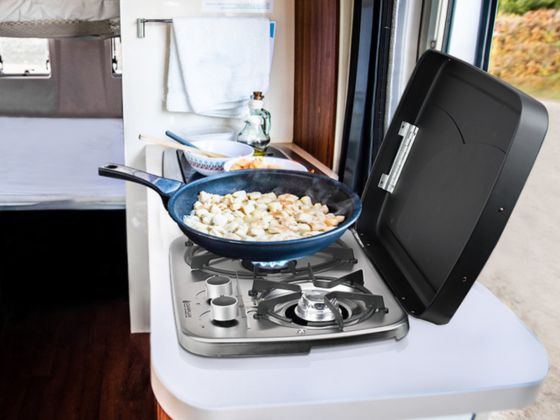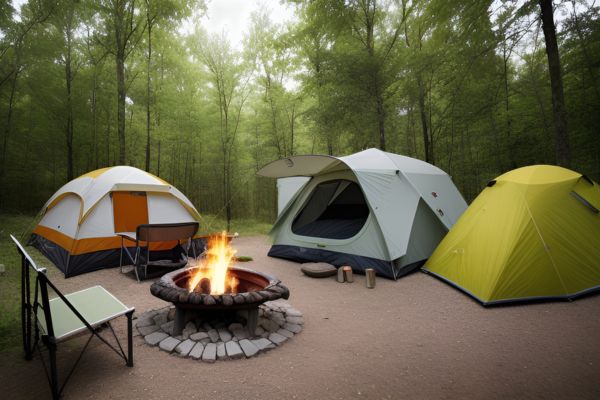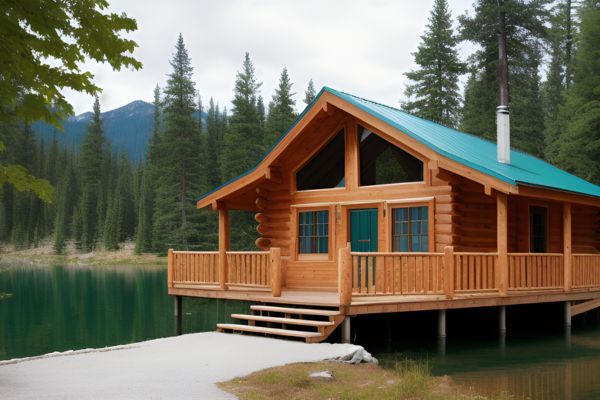How To Make Camping More Sustainable
Camping is a wonderful way to connect with nature and enjoy the great outdoors. However, it is important to be mindful of our impact on the environment while camping. In this article, we will explore some tips on how to make camping more sustainable.
Shower Under the Stars
One of the best things about camping is being able to shower under the stars. Instead of relying on traditional camping showers that require a lot of water, consider investing in a Camplux Camper Kit. This on-demand water heater is the world's smallest in its class, providing hot water in seconds. With fast setup and one-touch operation, you can enjoy a hot shower without wasting water.
Not only does this save water, but it also reduces the energy required to heat the water. By opting for a more efficient water heating solution, you are minimizing your carbon footprint and making your camping experience more sustainable.
Say Goodbye to Electronics
Camping is the perfect opportunity to unplug and disconnect from the digital world. Instead of relying on electronic devices for entertainment, embrace the simplicity of nature. Engage in activities such as hiking, fishing, or stargazing. Not only will this reduce your carbon footprint, but it will also allow you to fully immerse yourself in the beauty of the natural surroundings.
By reducing the use of electronic devices, you are conserving energy and minimizing the need for batteries or power sources. Additionally, this helps to create a peaceful and tranquil camping experience, allowing you to truly connect with nature and rejuvenate your mind and body.
Properly Dispose of Greywater
When camping, it is crucial to properly dispose of greywater, which includes water from activities such as dishwashing and showering. Avoid dumping greywater directly onto the ground or into water sources, as it can contaminate the environment and harm wildlife.
Instead, use a designated greywater disposal system or collect the water in a container and dispose of it in designated areas. Many camping sites have specific locations where you can empty your greywater safely. If such facilities are not available, make sure to disperse the water at least 200 feet away from any water sources to prevent contamination.
Reduce Single-Use Items
Single-use items such as plastic cutlery, plates, and water bottles contribute to environmental pollution. While camping, opt for reusable alternatives to reduce waste. Pack your own reusable cutlery, plates, and cups. Bring a refillable water bottle and use water purification methods, such as boiling or filtering, instead of relying on single-use plastic bottles.
Additionally, choose biodegradable or eco-friendly camping supplies whenever possible. This includes biodegradable soaps, toiletries, and trash bags. By minimizing single-use items and choosing sustainable alternatives, you can significantly reduce your environmental impact while enjoying your camping trip.
Leave No Trace
One of the fundamental principles of sustainable camping is to leave no trace. This means cleaning up after yourself and leaving the campsite in the same or better condition than you found it. Properly dispose of all waste, including food scraps, and pack out any trash.
Respect wildlife and their habitats by observing from a distance and not disturbing their natural behavior. Avoid cutting down trees or damaging vegetation. Stick to designated trails to prevent erosion and minimize the impact on the surrounding ecosystem.
Choose Eco-Friendly Campsites
Another way to make camping more sustainable is by choosing eco-friendly campsites. Look for campsites that have implemented sustainable practices such as recycling programs, water conservation measures, and renewable energy sources.
Some campsites may also offer educational programs on sustainable camping practices. By supporting these campsites, you are encouraging the adoption of sustainable initiatives within the camping industry and contributing to the preservation of natural resources.
Embrace Local and Seasonal Foods
When planning your camping meals, opt for local and seasonal foods. This not only supports local farmers and businesses but also reduces the carbon footprint associated with transportation.
Visit farmers' markets near your camping destination and choose fresh produce, meats, and other products that are locally sourced. By doing so, you are not only enjoying delicious and nutritious meals but also promoting sustainable food practices.
Spread the Word
Lastly, spread the word about sustainable camping practices. Share your experiences and tips with friends, family, and fellow campers. Encourage others to adopt sustainable habits and make conscious choices while enjoying the outdoors.
Whether it's through social media, blog posts, or word of mouth, your efforts can inspire others to make a positive impact on the environment and create a more sustainable camping culture.
By following these tips, you can make your camping experience more sustainable and minimize your impact on the environment. Remember, every small effort counts towards preserving our natural resources. So, get out there, enjoy the beauty of nature, and camp sustainably!


